
2025-01-31 17:24
업계Price Inflation In Forex Market
#firstdealofthenewyearFateema
In the forex market, price inflation refers to the impact of rising prices on a currency's value. Inflation affects forex trading in several ways:
1. Inflation and Currency Value
Higher inflation in a country typically weakens its currency because purchasing power decreases, making it less attractive to investors.
Lower inflation generally strengthens a currency as it maintains purchasing power and economic stability.
2. Central Bank Policies
If inflation rises too much, central banks (like the Federal Reserve, ECB, or BOE) may increase interest rates to control inflation, which can strengthen the currency.
If inflation is too low or negative (deflation), central banks may cut interest rates or use quantitative easing, weakening the currency.
3. Exchange Rate Movements
High inflation leads to depreciation as foreign investors demand less of that currency.
Countries with stable or low inflation tend to have stronger currencies over time.
4. Inflation Indicators to Watch in Forex Trading
Consumer Price Index (CPI) – Measures price changes in goods/services.
Producer Price Index (PPI) – Tracks price changes from producers.
Core Inflation Rate – Excludes volatile items like food and energy.
Interest Rate Decisions – Set by central banks in response to inflation trends.
좋아요 0

FX1816125491
Trader
인기있는 콘텐츠
시장 분석
투자주체별매매 동향
시장 분석
유로존 경제 쇠퇴 위기 직면
시장 분석
국제 유가는 어디로
시장 분석
미국증시 레버리지(Leverage)·인버스(Inverse)형의 ETF, 최근 사상 최대 신
시장 분석
투기장 된 원유 ETL...첫 투자위험 발령
시장 분석
RBNZ 양적완화 확대
포럼 카테고리

플랫폼

전시회

IB

모집

EA

업계

시세

인덱스
Price Inflation In Forex Market
 나이지리아 | 2025-01-31 17:24
나이지리아 | 2025-01-31 17:24#firstdealofthenewyearFateema
In the forex market, price inflation refers to the impact of rising prices on a currency's value. Inflation affects forex trading in several ways:
1. Inflation and Currency Value
Higher inflation in a country typically weakens its currency because purchasing power decreases, making it less attractive to investors.
Lower inflation generally strengthens a currency as it maintains purchasing power and economic stability.
2. Central Bank Policies
If inflation rises too much, central banks (like the Federal Reserve, ECB, or BOE) may increase interest rates to control inflation, which can strengthen the currency.
If inflation is too low or negative (deflation), central banks may cut interest rates or use quantitative easing, weakening the currency.
3. Exchange Rate Movements
High inflation leads to depreciation as foreign investors demand less of that currency.
Countries with stable or low inflation tend to have stronger currencies over time.
4. Inflation Indicators to Watch in Forex Trading
Consumer Price Index (CPI) – Measures price changes in goods/services.
Producer Price Index (PPI) – Tracks price changes from producers.
Core Inflation Rate – Excludes volatile items like food and energy.
Interest Rate Decisions – Set by central banks in response to inflation trends.
좋아요 0
나 도 댓 글 달 래.
제출
0코멘트

댓글이 아직 없습니다. 첫 번째를 만드십시오.
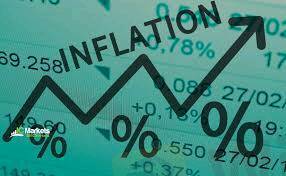
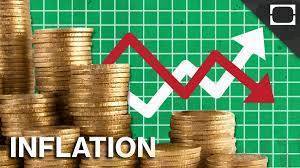
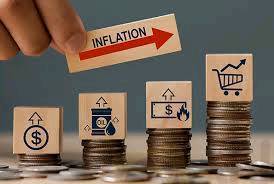
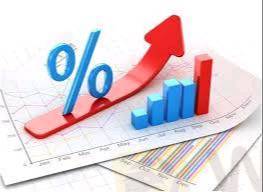
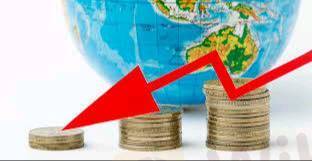
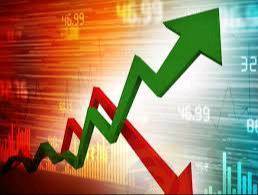
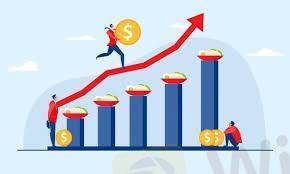
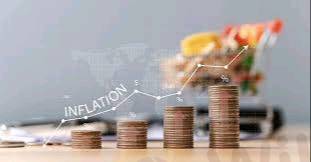

제출
댓글이 아직 없습니다. 첫 번째를 만드십시오.